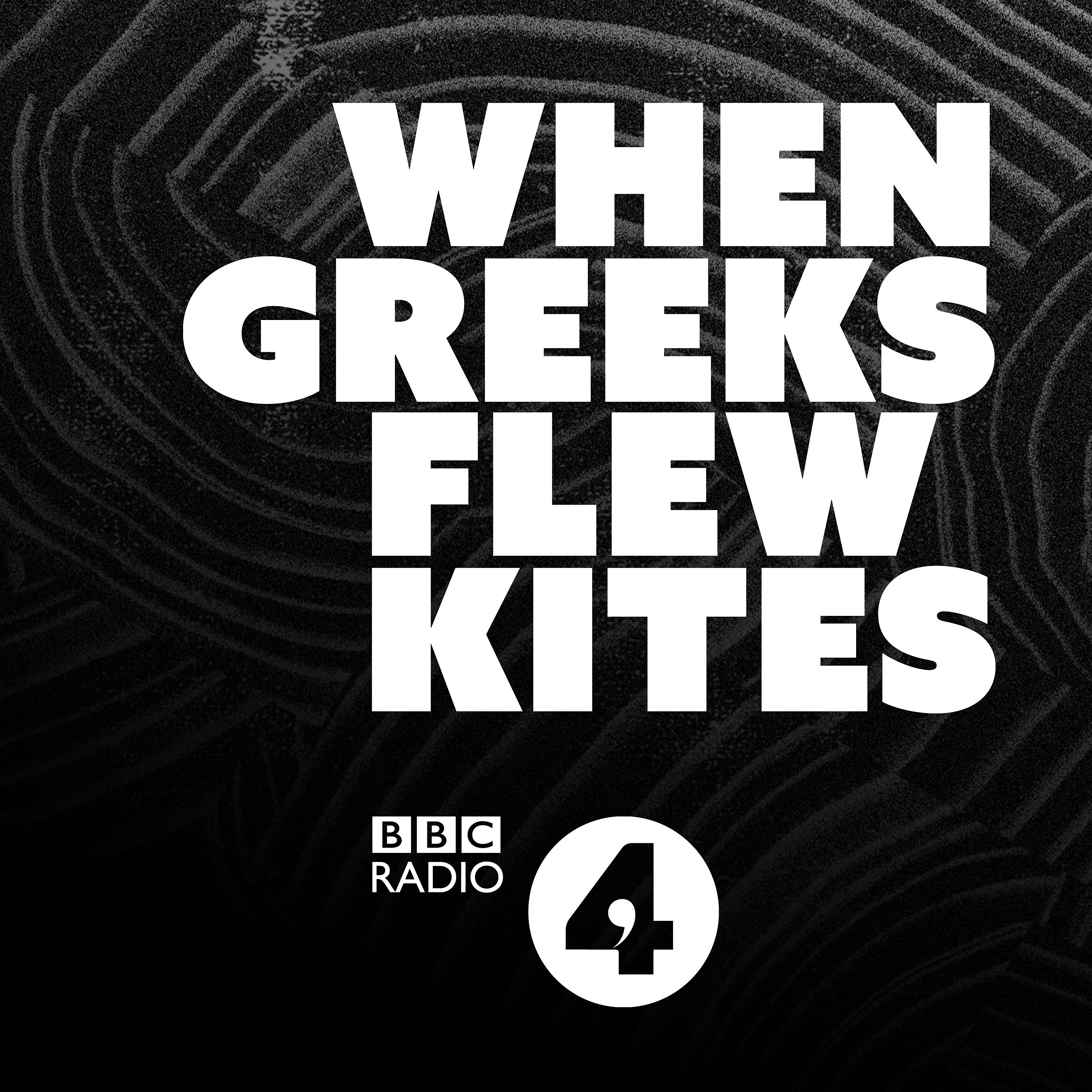- Other
- SEE MORE
- classical
- general
- talk
- News
- Family
- Bürgerfunk
- pop
- Islam
- soul
- jazz
- Comedy
- humor
- wissenschaft
- opera
- baroque
- gesellschaft
- theater
- Local
- alternative
- electro
- rock
- rap
- lifestyle
- Music
- como
- RNE
- ballads
- greek
- Buddhism
- deportes
- christian
- Technology
- piano
- djs
- Dance
- dutch
- flamenco
- social
- hope
- christian rock
- academia
- afrique
- Business
- musique
- ελληνική-μουσική
- religion
- World radio
- Zarzuela
- travel
- World
- NFL
- media
- Art
- public
- Sports
- Gospel
- st.
- baptist
- Leisure
- Kids & Family
- musical
- club
- Culture
- Health & Fitness
- True Crime
- Fiction
- children
- Society & Culture
- TV & Film
- gold
- kunst
- música
- gay
- Natural
- a
- francais
- bach
- economics
- kultur
- evangelical
- tech
- Opinion
- Government
- gaming
- College
- technik
- History
- Jesus
- Health
- movies
- radio
- services
- Church
- podcast
- Education
- international
- Transportation
- kids
- podcasts
- philadelphia
- Noticias
- love
- sport
- Salud
- film
- and
- 4chan
- Disco
- Stories
- fashion
- Arts
- interviews
- hardstyle
- entertainment
- humour
- medieval
- literature
- alma
- Cultura
- video
- TV
- Science
- en
Fake History

b'
This month, Sarah Dunant explores the history of fake history.
In March this year, the Christchurch attacker invoked a twisted interpretation of medieval history and the crusades to justify his terrorist attack on a mosque. In this programme, Dr Levi Roach contextualises the Battle of Tours, the historical event invoked by the Christchurch attacker, and explains how groups on the extremes, especially in the digital realm, are able to misuse and misrepresent history for their ideological ends.
Fake history and contested narratives are nothing new. Since history has been recorded, the past has been massaged, misread, selectively interpreted or simply invented, in order to justify ideology, politics, or cultural identity.
Egyptologist Richard Parkinson dissects the dangers of well-intentionally reading LGBT history in the ancient world, and argues that our political beliefs prime us to see what we want to see.
Professor Margaret MacMillan charts how the rise of nationalism in the 19th century spurred on the creative reinterpretation of past events to give young and fragile countries an identity to rally around.
Professor Audrey Truschke unpicks a piece of 17th century Indian history that has, for centuries, been used by all sides to justify their political views, and which has only become more contested, toxic, and dangerous in the modern world - catching the historian themselves in the middle of it.
Reader: Peter Marinker\\nPresenter: Sarah Dunant\\nProducers: Natalie Steed and Nathan Gower\\nExecutive Producer: David Prest\\nA Whistledown production for BBC Radio 4
'